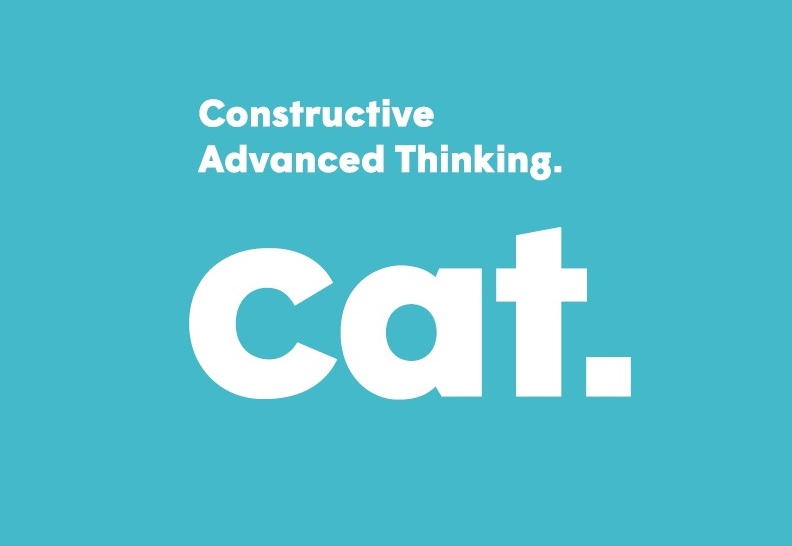Rozemarijn ter Horst
Rozemarijn works as a lecturer and PhD researcher at the Water Resources Management group at Wageningen University since October 2020. She researches how quantitative models influence water management and governance.
To show how models are political, Rozemarijn focuses on case studies in which models are introduced with the hope to reduce or solve conflict over shared water resources. In these case studies, she researches how data and technologies play a role in identifying generally accepted options for development and how and when contestations (can) take place in this process. Case studies include the federal Kaveri (or Cauvery) River, shared by Kerala, Karnata, Tamil Nadu and the Union Territory of Puducherri, and aquifers shared Israel and Palestine.
Her research is based on Science and Technology Studies and constructivist theories, and she seeks to work closely with those who develop and implement the models.
Before her work with Wageningen University, Rozemarijn has worked at IHE Delft on water diplomacy, and remains affiliated as Guest Researcher Transboundary Water Governance.
Research Interests
Water Governance, Science and Technology Studies, Transboundary Water Management & Diplomacy.
Controversial tools: researching modelling practices in water governance
(Collaborative project, awarded a NetIAS Constructive Advanced Thinking grant, 2021-2024)

The project examines how quantitative models are currently developed and used in water governance and management. It proposes a reflexive approach to modelling and examines how such an approach can kickstart transformative processes to achieve lasting, sustainable and just distributions of water in the Anthropocene.
The development and use of quantitative models in water research and practice is both dominant and growing, importantly driven by recent technological developments. Although often presented as objective and neutral, models are controversial tools. They provide insights to predict future conditions of water systems, and opportunities to foster an integrated approach to tackle water-related challenges while addressing complexities related to managing fugitive resources such as water. Yet, models and modelling are specific ways of knowing water based on measurements and quantification. Foremost, models are profoundly shaped by the numerous, sometimes arbitrary, choices of the actors involved in the modelling process and by the geographical and historical context in which they are developed.
This project sets out to research modelling as it is used to manage and govern water distributions. The project strengthens the collaboration between an interdisciplinary and international group of early career researchers studying water modelling in various geographical contexts and from different perspectives and methodologies. The group jointly works on developing a reflexive approach to modelling that is helpful to make the ethical implications involved in modelling practices explicit, and invites modellers, funders, and users to act upon these. This project explores also the challenges and opportunities to implement this novel approach through regular workshops, peer to peer learning and engagement with experts.
Key Publications
ter Horst, R. (2021). Water Diplomacy. Handbook of Catchment Management 2e, 25-45.
ter Horst, R., Zwarteveen, M., & Sehring, J. (2022) Insights on Gender Dynamics in Transboundary Water Governance. Gender Dynamics in Transboundary Water Governance, 193, in Sehring, J., ter Horst, R., & Zwarteveen, M. (2022). Gender Dynamics in Transboundary Water Governance: Feminist Perspectives on Water Conflict and Cooperation (p. 226). Taylor & Francis.
Zwarteveen, M., Kemerink‐Seyoum, J.S., Kooy, M., Evers, J., Guerrero, T.A., Batubara, B., Biza, A., Boakye‐Ansah, A., Faber, S., Cabrera Flamini, A., Cuadrado‐Quesada, G., Fantini, E., Gupta, J., Hasan, S., ter Horst, R.H., Jamali, H., Jaspers, F., Obani, P., Schwartz, K., Shubber, Z., Smit, H., Torio, P., Tutusaus, M., Wesselink, A. (2017). Engaging with the politics of water governance. Wiley Interdisciplinary Reviews: Water, 4(6), p.e1245.
|
|
|
|
|
|
